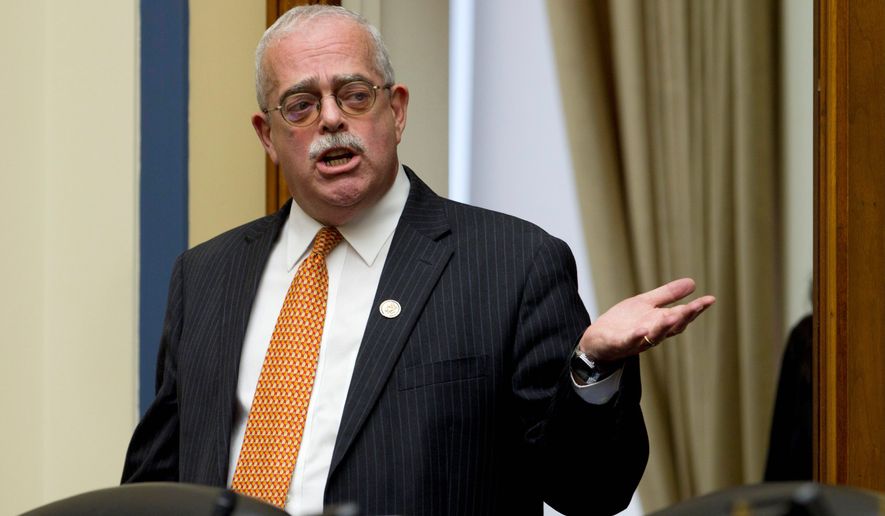Democrats on the House Oversight and Reform Committee have asked the Justice Department and IRS to investigate the National Rifle Association.
Reps. Gerald Connolly of Virginia and Jamie Raskin of Maryland wrote on Wednesday as leaders of subcommittees on civil rights and civil liberties and on government investigations to implore the Trump administration to investigate allegations of financial fraud at the NRA.
“Public reporting of self-dealing, private inurement of earnings, and possible financial fraud on the part of the NRA and its senior leadership represent serious allegations that demand an independent allegation by the IRS,” Mr. Connolly and Mr. Raskin wrote to IRS Commissioner Charles Rettig.
The House Democrats pointed to news reports and NRA tax filings to suggest that nearly a quarter of the NRA’s 76-member board had received payments from a 501(c)(4) organization the board members had oversight over, which the Democrats note is prohibited by the Internal Revenue Code.
“The IRC expressly prohibits excess benefit transactions (transactions exceeding fair market value) between social welfare organizations and disqualified persons, such as board members,” Mr. Connolly and Mr. Raskin wrote to the Justice Department. “If these transactions exceeded fair market value and were not reported by the organization or the involved board members on an IRS Form 4720, they appear to threaten the tax-exempt status of the NRA.”
The request for a criminal investigation is the latest headache for the NRA, which has faced mounting legal woes for several months. District of Columbia Attorney General Karl Racine launched an investigation of the NRA in July, soon after New York attorney general Letitia James began investigating the gun-rights group.
William A. Brewer, counsel to the NRA, said in a statement responding to the Democrats’ letters that the NRA “strives to comply with all applicable regulations.”
“The Association’s financials are audited and its tax filings are verified by one of the most reputable firms in the world,” Mr. Brewer said. “Internally, the Association has a robust conflict of interest policy and, where appropriate, related-party transactions are reviewed and approved by the Audit Committee. Naturally, there are occasions where the NRA engages vendors who have a connection to NRA executives, employees or board members — but only when such an engagement works in the best interest of the organization and its members.”
• Ryan Lovelace can be reached at rlovelace@washingtontimes.com.




Please read our comment policy before commenting.